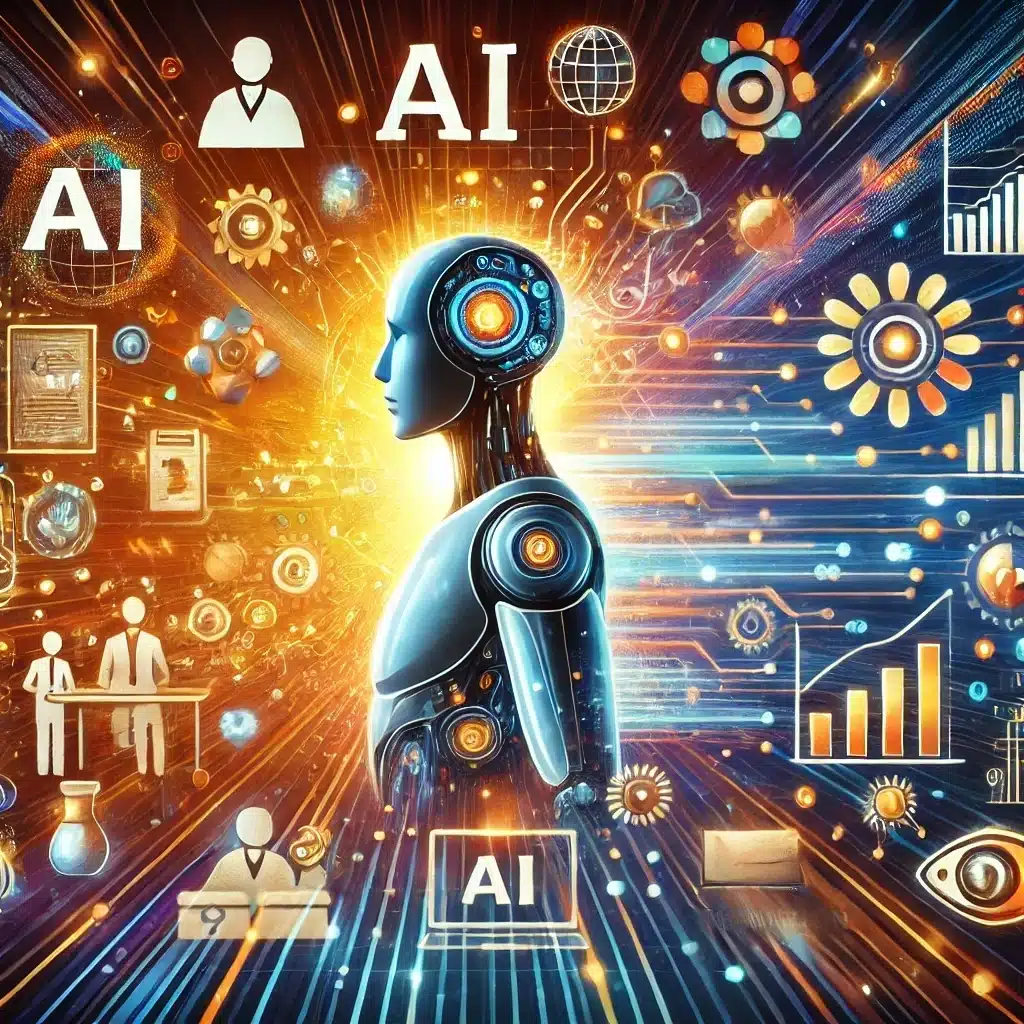STARGATE – DEEPSEEK – AI IMAGE & VIDEO MODERATION
Stargate promoted by Trump
The Stargate project is a private initiative announced by US President Donald Trump to promote artificial intelligence (AI) in the USA. Together with companies such as OpenAI, SoftBank and Oracle, a total of 500 billion dollars is to be invested over a period of four years. The project involves the construction of large data centers, starting in Texas, and aims to create more than 100,000 jobs.
President Trump emphasized that this project represents a significant investment in American AI infrastructure and is intended to strengthen national security. He also emphasized that the project is in line with his “America First” policy.
However, there is also criticism of the project. Tesla CEO Elon Musk expressed doubts about the actual financing and benefits of the project for the US. He questioned the financial contributions of investors such as SoftBank, stressing that they may not have the announced funds.
Another controversial aspect is the repeal of a decree by former President Joe Biden regulating AI. This measure removes mandatory government guidelines for large AI developers such as OpenAI and Google, leading to concerns about security and ethics in the development of AI models.
Overall, the Stargate project represents a significant step in the development and promotion of artificial intelligence in the USA, but also raises questions about financing, regulation and the actual benefits for society.
DeepsSeek beating ChatGPT and Alphabet’s Gemini
DeepSeek is a Chinese artificial intelligence (AI) startup that has recently garnered significant attention for its innovative and cost-effective AI models. The company has developed DeepSeek-R1 and DeepSeek-V3, open-source large language models (LLMs) that rival established models like OpenAI’s ChatGPT and Alphabet’s Gemini. Notably, DeepSeek achieved this with a development budget of approximately $6 million, a fraction of the costs typically associated with such advanced AI systems. (by reuters.com)
DeepSeek’s models employ a “mixture of experts” architecture, which activates only the necessary computing resources for a given task. This approach enhances efficiency and reduces energy consumption, making the models more accessible to a broader range of users. The company’s flagship model, DeepSeek-V3, comprises 671 billion parameters, with 37 billion activated per token, enabling it to perform complex tasks across various domains. (by deepseek.com)
The release of DeepSeek’s models has had a profound impact on the AI industry.
Despite their advantages, DeepSeek’s models have raised concerns regarding data privacy and potential censorship
In summary, DeepSeek represents a significant advancement in AI development, offering powerful and cost-effective models that challenge existing industry leaders. However, users should remain mindful of the associated data privacy and ethical considerations.
Benefits of AI supported image and video moderation
So you can see that AI-supported image and video moderation makes sense in many contexts, as it offers a variety of benefits. Here are some important aspects:





